
Ollantaytambo Residents Shut Ruins to Protest Strict Zoning
Residents of Ollantaytambo launched a 24-hour strike Wednesday, temporarily blocking access to the archaeological ruins to protest construction restrictions imposed by the Ministry of Culture.
The demonstration, led by community president Celestino Ocón, is the latest in a series of wrangling between locals and the government over heritage protection measures that residents say are stifling development.
At the heart of the protest is a demand for the Ministry to withdraw legal complaints against community members.
In recent months, 60 community members have been cited for carrying out constructions in their homes, daily La República reported. The Ministry of Culture describes the modifications as a threat to the historical preservation of the town.
The town of Ollantaytambo, built in the 15th century during the reign of Inca Pachacutec, has some of the oldest continually occupied dwellings in South America.
Protesters argue the current regulations prevent them from upgrading their homes in the historic district or making basic improvements.
“We want to preserve our heritage, but we also need to live with dignity,” the newspaper quoted one protester saying. “It is not fair that because we want to have a bathroom in our homes we are facing possible prison sentences.”
Thirty protesters blocked the entrance to the Ollantaytambo Archaeological Park, preventing tourists from entering, RPP Noticias reported live from the scene.
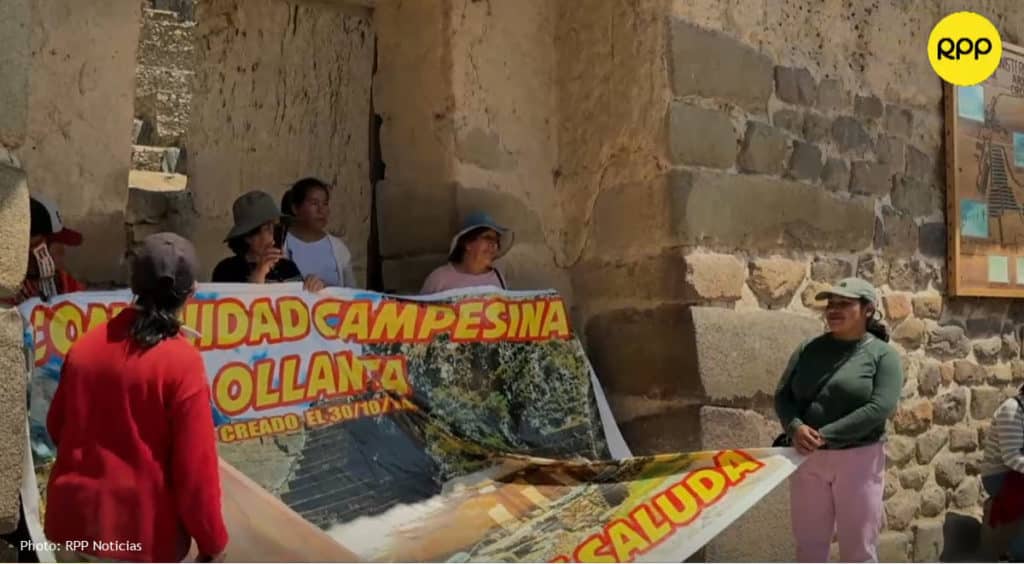
“We knew about the strike, but no one said they would block access to the park,” said a tour guide accompanying a group of tourists from Hungary. “These visitors came from far away, and now they can’t see this beautiful place.”
The Ministry of Culture was expected to respond quickly, as protesters have called for direct negotiations with the Minister. Local residents say delays in cultural project approvals are a longstanding point of contention.
He criticized the Ministry for contributing to the problem by dragging out approval processes for building permits and other community initiatives.
RPP Noticias reports that the protesters planned to discontinue the blockade of the archaeological site at the end of the day.
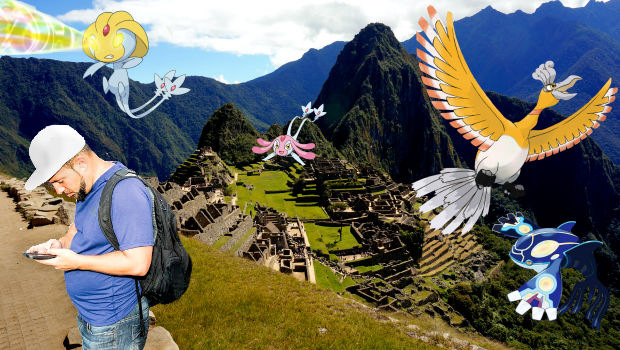 Pokemon GO Fever In Cusco & Could Reach Heights of Machu Picchu
Pokemon GO Fever In Cusco & Could Reach Heights of Machu Picchu 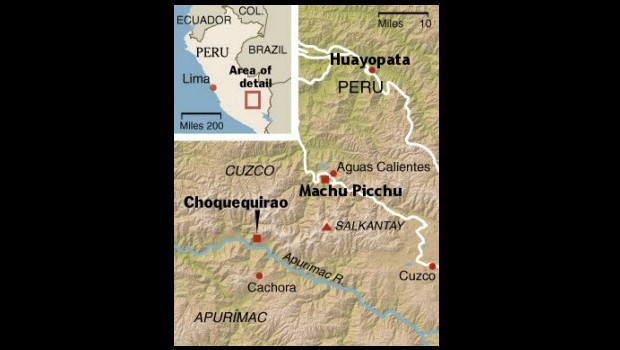 Possible alternative Inca Trail to Machu Picchu reportedly discovered
Possible alternative Inca Trail to Machu Picchu reportedly discovered  Peru Scrabble® Tour & Tournament Oct. 4 – 12, 2013
Peru Scrabble® Tour & Tournament Oct. 4 – 12, 2013 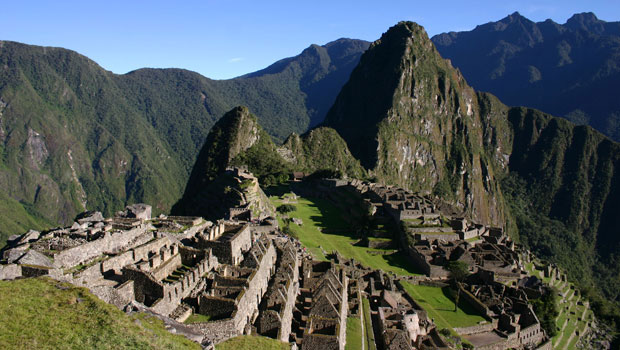 Peruvian Congress pushes for new road access to Machu Picchu
Peruvian Congress pushes for new road access to Machu Picchu  Hidden Inca treasure in the old headlines
Hidden Inca treasure in the old headlines 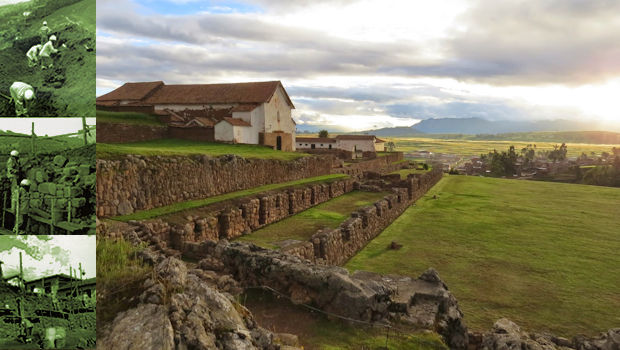 Restoration of the Inca terraces at Chinchero nearly complete
Restoration of the Inca terraces at Chinchero nearly complete 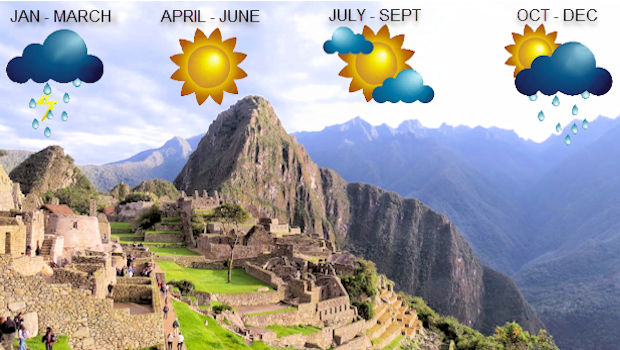 Inca Trail Weather Forecast System Gets Update
Inca Trail Weather Forecast System Gets Update  Paul McCartney: “We will rock” Peru
Paul McCartney: “We will rock” Peru